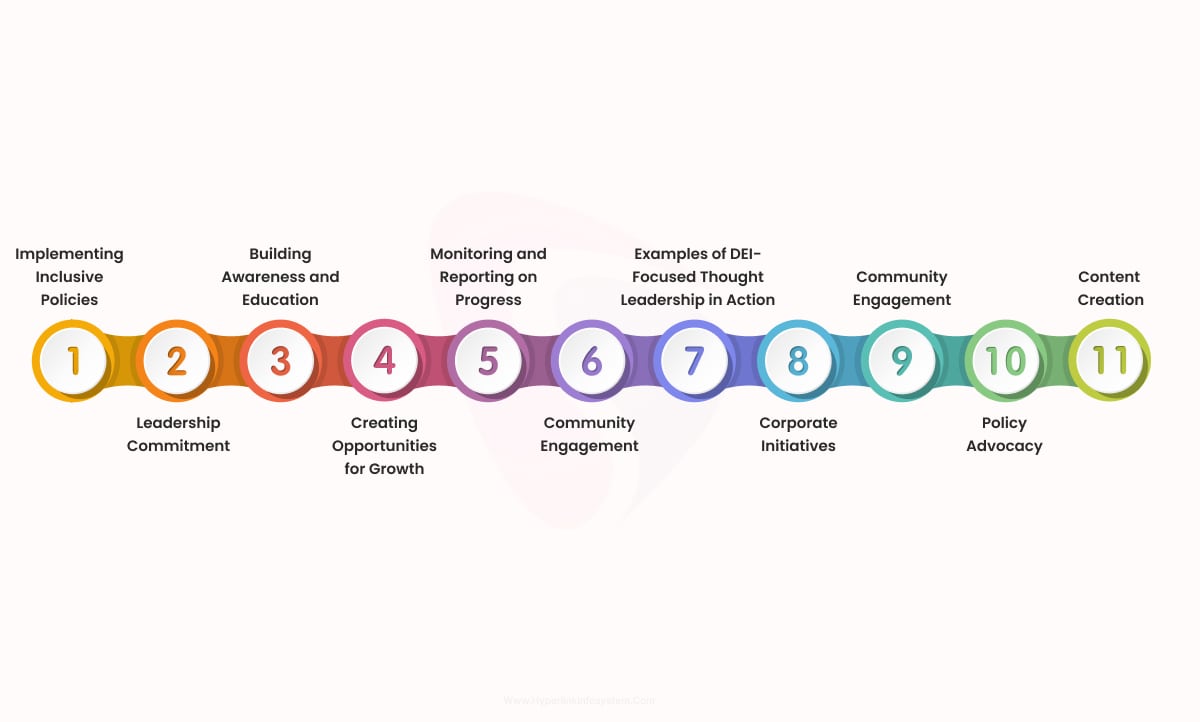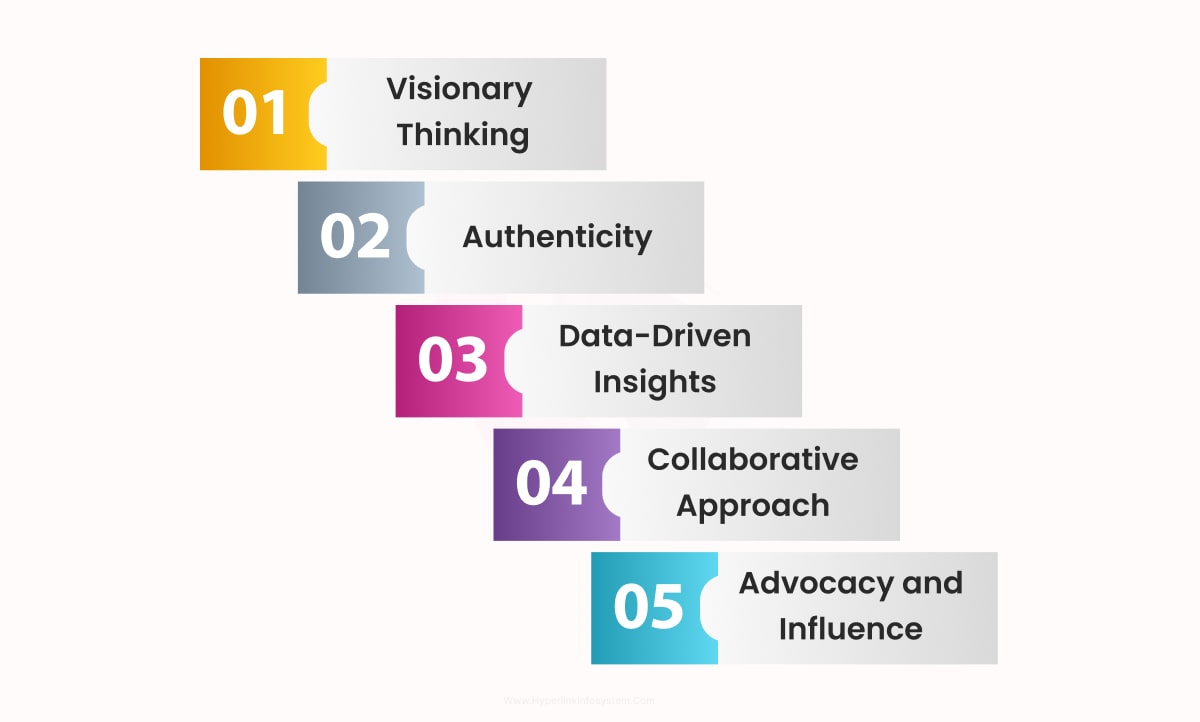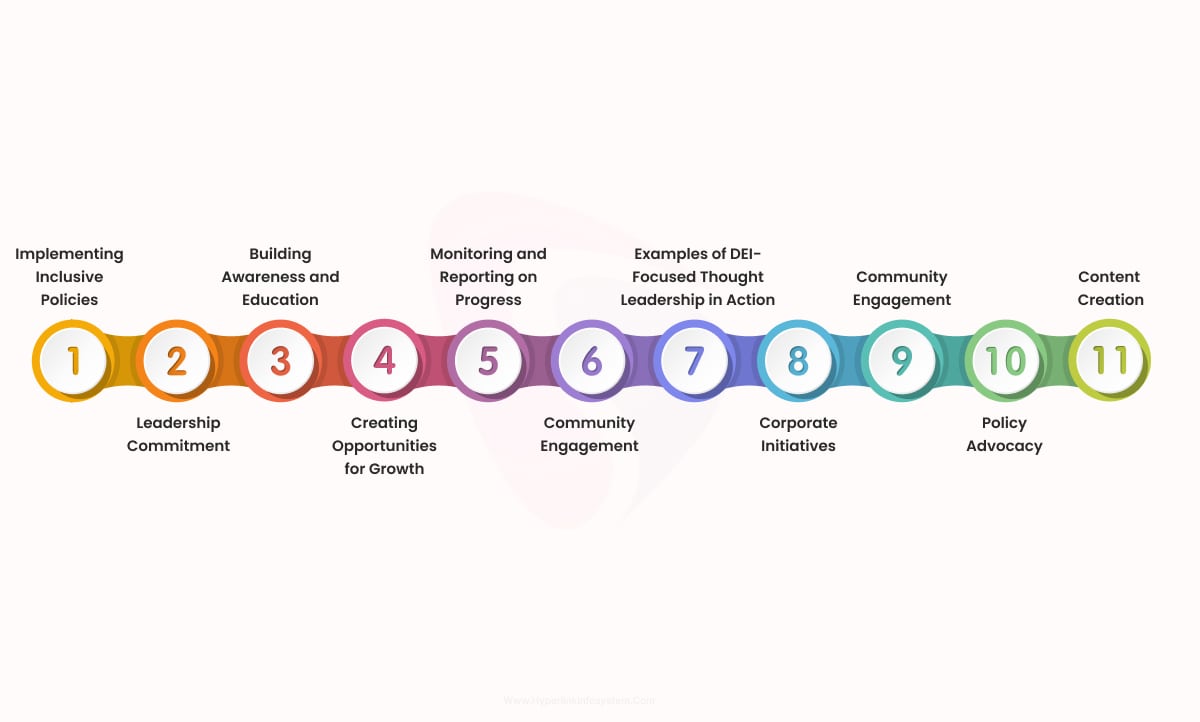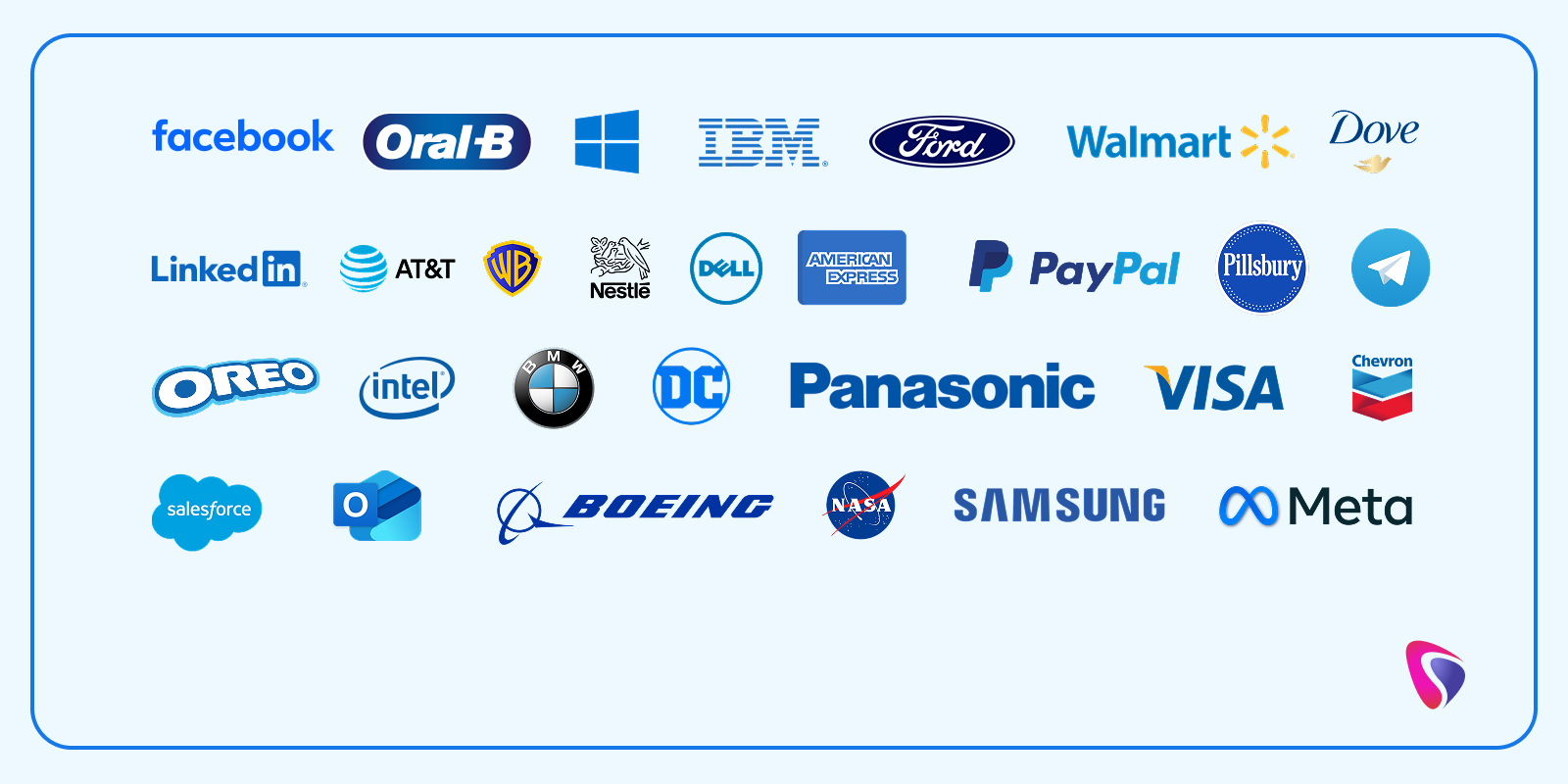
Being organized has been key in today's fast world because it enhances productivity and ensures an efficient workflow. With the right organizational tools, users can be able to collaborate, meet deadlines, and streamline work for everything from personal tasks to complicated project management. It is challenging to determine the perfect tool because so many different platforms and apps are accessible. This list of the best organizing tools will help you see the special qualities, advantages, and outstanding skills each has to offer, be you a manager, freelancer, or an entrepreneur.
This article shows eight top organization tools with abilities stretching from work management to collaborating in real-time, tackling a wide variety of organizational needs. Here are alternatives for all of that: if you want to hire app developers who will personalize these tools to customize them for your organization; or if you only are looking for such tools. Let's just see the best resources regarding organizing that will help your workflow.
What are Organization Tools?
Organization tools are online platforms and programs that make it easier for teams and individuals to handle tasks, procedures, and responsibilities more efficiently. With scheduling, work management, project planning, communication, and data storage, organizing tools have become the "must-have" of both personal and professional activities that help users get on top of their objectives while also saving time spent on mundane chores.
Different kinds of tools organize different demands. A task management tool allows users to create, assign, prioritize, and track activities. There can also be deadlines set and reminders so nothing is missed. Project management platforms include several tools, such as Gantt charts, timetables, and collaborative workspaces, to let teams work together and track bigger, team-oriented projects. Certainly, the note and document management tool will be most crucial since users will now easily store, organize, and retrieve data while keeping the cloud storage cross-platform accessible.
Apps for scheduling and calendaring are important time management features as they will allow the user to set appointments, send reminders, and get their calendar to align with other employees. Collaboration and communication technologies are great tools that can bring about smooth, instant engagement through file sharing and messaging, which are very important for remote or hybrid teams. Using the proper set of organizational tools might help increase productivity and improve communication while holding people accountable for themselves and the organizations. This would likely make it possible to create a more customized approach by using app developers for the integration or modification of such tools, thereby furthering the workflow efficiency of a business and resource management.
Top 8 Organization Tools

Our team has conducted thorough research on this topic; we have tried and tested different organizational tools and based on our testing, app rating online, its functionalities, and user testimonials, here we have listed the top 8 organization tools for you.
1. Trello
Users can easily make Trello, a visually dynamic project management tool, work for them in planning and tracking simple yet interesting workflows by arranging tasks into boards, lists, and cards. Trello is also easy to use because the drag-and-drop feature of the tool allows simple prioritization of projects, transference of tasks from one list to another, and monitoring of deadlines. Using this tool, users can assign tasks, leave comments, and track project progress at any level, either individually or in teams.
Key Highlights:
- You can drag and drop cards and boards anywhere.
- Customizable labels and checklists for tracking specific progress in each activity.
- Tools for collaborative teamwork, assigning, discussing, and following up on work together.
Trello's simplicity and aesthetic UI make it easy to use in the management of projects, resulting in more productivity for teams and individuals.
2. HubSpot
HubSpot is an all-in-one CRM platform that streamlines the handling of managing customer relationships in one place by integrating marketing, sales, and customer support features. It helps teams attain valuable information for more personal interactions as it centralizes consumer data with its contact management tool. It offers sales pipeline tracking and automatic email marketing, which provides a full view of the client journeys and boosts conversion.
Key Highlights:
- Centralized contact management is handy in truthfully storing and retrieving information on clients.
- Email marketing that is automated for easy and targeted marketing campaigns.
- Monitoring pipeline performance to track leads and conversion.
HubSpot's powerful CRM products simplify relationship management and improve by helping businesses establish and preserve strong customer relationships.
3. ClickUp
The platform of ClickUp is one flexible tool that integrates goal setting, job management, and team collaboration tools in a single tool that will boost productivity and streamline processes. In ClickUp, there is an option of working styles in which it is available to provide different types of views such as a list, board, Gantt, and calendar views for the people to arrange tasks accordingly in their preferred way and view it. Goal monitoring and performance indicators keep everybody on the same page. Real-time collaboration capabilities further enhance the team's ability to communicate.
Key Highlights:
- Many viewing options allow for tailoring of a task management application.
- Shared, real-time collaboration tools and features include file sharing and chat.
- It tracks the goals and progress in productive monitoring.
ClickUp is a powerful solution for teams that want to stay organized and productive without having to use multiple tools because of its customizable options and all-in-one approach.
4. Asana
Asana is an effective project management solution that makes it simple for teams to plan and coordinate tasks while giving them insight into who is working on what and when. It is designed to break up projects into manageable pieces through features such as dependency tracking and visual timelines that highlight task relationships and deadlines. In addition, Asana empowers users to create project templates tailored to their needs, which accelerates and streamlines project setup.
Key Highlights:
- To clearly define responsibilities, it uses task assignments with their dependencies as well.
- Project flow can be viewed by using timeline and calendar displays.
- Customizable project templates for efficient kick-off.
Teams can clearly see how their projects are progressing because of Asana's user-friendly UI and powerful tracking tools, which keep everyone on task and in sync.
5. Evernote
Evernote is an incredibly versatile note-taking application, which enables users to record thoughts, assignments, and data all in one well-organized place. Users can find their notes quickly due to its sophisticated search features, even when they contain handwriting or photographs. Cross-device syncing guarantees that notes are available anytime and from any place, and Evernote's tagging and organizing features assist with keeping the information accessible.
Key Highlights:
- Advanced searching capabilities to find information quickly.
- This also allows for easy access to data on cross-device syncing.
- Organization and tagging tools for making taking notes easier
Evernote is perfect for customers who require a reliable, easily accessible location for ideas and information on the go because of the wide array of search and organizational tools.
6. Airtable
Using Airtable, teams can effectively organize and manage data with the simplicity of a spreadsheet brought to the strength of a database. Users can arrange data according to project requirements using customized database views such as calendar, gallery, grid, and Kanban. While interfaces with other apps make automation of workflow faster, templates make it easier to set up for different organizing activities.
Key Highlights:
- Database views that can be customized for specialized data organization.
- Simple templates for easy setup of projects.
- Automation and integrations ensure the flow is smooth.
It's fantastic for teams working with complex projects not require technical know-how since it's very flexible and strong in organizing data.
7. Notion
With Notion, you can have an all-in-one workspace that allows the management of projects, papers, and tasks all in one platform, combining notes, tasks, databases, and wikis. Users can design their own unique structures and procedures because of the very modular pages with highly customizable modules. Moreover, tools for team collaboration further make communication smoother by keeping everyone on the same page when it comes to projects.
Key Highlights:
- Modular pages can make workflows rather personalized.
- It integrated the management of tasks and the calendar to organize the institution.
- Collaborative editing that makes teamwork seamless.
Its flexibility and all-in-one design make Notion the darling of all those users wishing to streamline and personalize every aspect of the job.
8. Jira
Jira is an application designed particularly for software development teams following Agile approaches. It ensures teams can monitor the development process with its customizable workflows and Agile boards. It keeps track of the productivity indicators and timeframes related to a project through proper reporting and analytics.
Key Highlights:
- Customizable workflows to agile approaches.
- The development cycles are well-organized, and sprint planning along with backlog management forms their pivot.
- Full analytics and reporting capabilities to track the performance of teams.
Jira is one of the most essential tools for software teams working with complex projects because it keeps in mind Agile development as well as full tracking and reporting capabilities.
Why Do Organizations Need Such Tools: Benefits of Using Organization Tools

- The project management software is expected to grow at a CAGR of 10.67%
- Organizations end up wasting 12% of their valuable resources due to poor project management.
- 54% of the workforce believes they would save more than 5 hours by using automation tools.
Modern-day organizations must coordinate better, be more efficient, and coordinate projects better. Organization tools lead to a number of benefits, such as increased productivity, better process coordination, and improved team performance. Organizations need these tools for the following primary reasons:
1. Better Cooperation and Interaction
Organizational tools enable effective team communication by allowing the centralization of task delegation, updates, and collaboration on projects. Eventually, this leads to more cohesive teamwork by reducing misconceptions and ensuring mutual consensus.
2. Improved Productivity
Organization tools make the team have priority with their work and manage time appropriately. By using aspects like a task management system, reminding the team of pending tasks and progress done on all tasks. In this case, this clearness reduces the risk of losing track of deadlines; thus, staff members can be more focused on working on priorities.
3. Streamlined Workflow Management
Many organization systems are customizable, meaning processes can be changed to allow for the adaptation of workflows tailored to specific needs. This reconfigurability can aid in helping organizations streamline their identification and optimization of bottlenecks as well as project timelines.
4. Better Time Management
With these organizational tools, teams have better time management through calendaring, deadlines, and Gantt charts. Visualizing project timelines and deadlines can ensure that activities will be completed on time while resources are allocated properly.
5. Increased Responsibility
For developing an accountable culture, organizational systems often provide features for members to assign work and monitor progress. In this manner, people tend to take responsibility for the job if they know what to do and what is going on in the projects underway.
6. Comprehensive Insights for Data
Many organizational solutions contain built-in analytics and reporting functionality which allows for extremely granular insight into work on any given project, as well as team performance. A firm can thereby use it to identify points of opportunities for improvement and simplify or optimize procedures for maximum gains through informed decisions.
7. Scalability
The needs of organizations only grow more complex as they go on. Because most organization tools are designed to mature with the company, it becomes possible for teams to take on larger projects without losing effectiveness or structure.
8. Increased Flexibility and Mobility
Organizational tools have the flexibility to have teams communicate from any place, as remote work has increasingly become the norm. Many technologies are cloud-based, so team members may be able to access any information or updates about projects at any time from anywhere.
9. Financial Cost-Savings
Organization tools will eventually help companies save money by increasing productivity, promoting teamwork, and reducing time spent on labor. Process simplification increases resource allocation and reduces operating expenses.
In the present fast-paced business world, organizational tools are vital to fostering teamwork, enhancing productivity, and ensuring that the project will be accomplished. By investing in the right tools, businesses can enhance their productivity and empower their staff toward long-term success.
Tips for Choosing an Organization Tool for Your Company

Choose the appropriate organizing tool that will facilitate effective processes, increased output, and individual needs fulfillment for your team. Here are some useful tips for choosing the right organizational tool for your business:
1. Determine the Needs of Your Team
Acknowledge the specific challenges that your team is experiencing, such as communication breakdowns, project schedules, and task management. Prioritize solutions that augment the workflow of your team, keeping in mind their capabilities such as automation, collaboration, and software integrations.
2. Test for Scalability
Your organizational needs will grow with your business. Choose a tool that will grow with your team, adding more members, projects, or advanced features as needed.
3. Prioritize User-Friendly Interface
The interface of a tool should be simple and easy for users to adopt. In reality, it may lower productivity rather than increase it if it is too complicated or has a high learning curve. Seek tools requiring less training and are easy to implement.
4. Assess Features of Collaboration and Communication
Seek features such as file sharing, assignment of tasks, real-time messaging, and commenting on tasks if your team operates based on teamwork. All these features ensure people keep up to date about the progress of the project and that communication is smooth.
5. Look at Proficiencies of Integration
It would help you avoid jumping between different platforms. Choose a tool that complements your existing software stack. Check whether it provides features that will benefit your team, including document sharing, email, and CRM.
6. Look Over Your Changes
Since every group of people will have different requirements, look for a tool that provides a customization option in which you could customize the tool to be exactly what a particular project might need, from custom fields, and dashboards tailored specifically to needs.
7. Analytics and Reporting
Effective management needs some acquaintance with the team's performance and project progress. Ideally, for effective tracking of KPIs, in addition to data-driven decision-making, look for solutions with strong reporting and analytics.
8. Ensure Privacy and Data Security
An organization tool with strong data security features will be used because it has critical information. To safeguard data, look for technologies that allow encryption, role-based access controls, and compliance with data protection laws.
9. Test the Tool Using a Free Trial
Most organization solutions nowadays offer free trials for them to test the technology with you and your team. Test the tool in real life and determine during the time of the trial whether this tool is usable, working, and compatible with how your team works.
10. Set a Budget and Compare Options
The cost of organizing tools varies, and it can be either fixed rates or costs per user. By setting a budget and analyzing the pricing plans of the top options, you can come up with a tool offering the highest value within that budget.
Understand your team's needs, objectives, and financial constraints to choose the best organization tool. You can even find a solution that increases productivity and grows with your company by assessing scalability, usability, collaboration features, and security.
Develop a Custom Organization Tool with Hyperlink Infosystem
If your organization has some special needs that a common tool cannot meet, the best alternative is probably to develop a tailor-made custom organizational tool. Hyperlink InfoSystem is well adept at developing custom software tailored to meet the objectives, workflows, and challenges your organization faces. Here are a few reasons why partnering with Hyperlink InfoSystem for the development of an organizational tool will help your company become more productive and truly enhance its value.
Why Choose a Custom Organization Tool?
Although off-the-shelf solutions offer many functions, a custom solution allows you to include features specific to your business procedures. A customized organizing tool can:
- Make Processes Simpler: Adapt to the specific needs of your team by eliminating extraneous features and focusing on the most important ones.
- Seamless Integration: Ensure that the experience is seamless, integrating with existing systems, such as CRM, ERP, and communication platforms.
- Scale with your business: As your business expands, you add new features or enhance the capability without interfering with the ongoing business.
Hyperlink InfoSystem’s Expertise in Custom Solutions
Hyperlink InfoSystem uses the agile development approach of years with tailormade software development. Hyperlink InfoSystem certainly is an ideal partner, why? Here's the answer:
- Customized Development Process: Hyperlink InfoSystem understands your requirement and provides solutions that are tailored specifically for you, from conceptualization to deployment.
- Expert Development Team: The company has professionals who are experienced in system integration, design, and app development, which ensures that the customized tool is not only functional but also aesthetically pleasing and easy to use. Hire dedicated developers with us.
- Ongoing Support and Maintenance: Hyperlink InfoSystem continues to sustain and maintain the product for a considerable period, giving updates at regular intervals after launching.
Contact Hyperlink InfoSystem now and find out how an application tailored to organize can make your team more productive and help grow your business.
Conclusion
The faster business climate requires the use of the right organizational tools to enhance productivity, teamwork, and ensure that projects are completed on time. Tools such as Jira, HubSpot, and Trello provide specialized capabilities that can meet the diverse demands of businesses, from task management to real-time communication and data analytics. The ideal solution is selected by knowing the different needs of your team and taking into consideration scalability, integrations, and usability. Organizations that want a custom-fit solution will enjoy total flexibility, smooth integration, and special features made to expand with the business in creating a customized organization tool with Hyperlink InfoSystem. Teams, with the right organizational tool, may eventually increase productivity, simplify processes, and maintain a competitive advantage in the end.
FAQs
Q- What is the best Organization Tool?
Ans. Your team's needs will decide which organization tool is best; common ones for project management and collaboration are Asana, ClickUp, and Trello.
Q- What is an Organization Tool?
Ans. Organization tools are software designed to help teams manage tasks, streamline workflows, and improve efficiency and cooperation within projects.
Q- What are CRM tools?
Ans. CRM (Customer Relationship Management) system helps organizations monitor sales, manage customer contacts, and build relationships through effective communication and data analysis.
Q- What are the benefits of having effective IT systems and tools to the organization?
Ans. Good IT systems will enable functions, improve communication, enhance production, and provide insights based on data, all of which can support the growth and efficiency of a business.


















